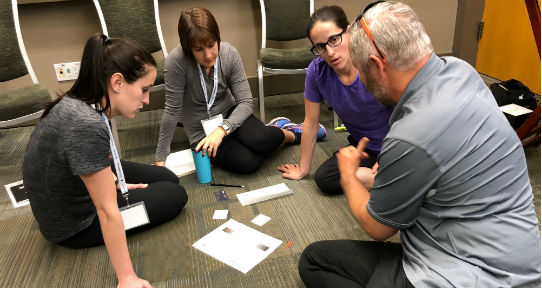Helping schools

iMinds Lesson Ideas and Resources
iMinds is a collection of resources for schools related to substance use and gambling. The lesson ideas fit well within the scope of BC’s K-12 curriculum with its emphasis on core and curricular competencies. The collection includes specific competencies for drug literacy and gambling literacy.
To see a full list of iMinds drug and gambling lesson ideas and resources, visit the iMinds page.
K-12 Professional Support Resources
A full list of the resources below is also available in a downloadable PDF table (best viewed on a computer).
Professional Learning
Theoretical papers
- Health education is education: an introduction to iMinds
- Evaluating substance use and gambling education
- From avoiding risk to nurturing resilience: Shifting our upstream approach to youth substance use
Graphical summaries
- Understanding drug use and gambling
- iMinds’ 5-i model
- Why should schools move away from punitive responses?
- Rethinking risk in health education
- Understanding and nurturing social-emotional learning
Skill sheets
- Constructing an iMinds lesson
- Understanding and nurturing imagination and wonder
- Facilitating dialogue in the classroom
- Understanding and nurturing critical thinking
- Philosophical inquiry: a tool for drug and gambling education
- Talking with kids about drug use and gambling
Guides
School Policy
Theoretical papers
- Comprehensive school health
- The ethics of risk and resilience
- Evidence review – Comprehensive program
- Healthy schools: Some foundational theory
Skill sheets
Families and others
Theoretical papers
Skill sheets
- Parenting: The drugs question
- Talking with kids about drug use and gambling
- Tips for hosting a teen party
- Screening and brief intervention tools
Guides
Dialogue
Theoretical papers
Graphical summaries
Skill sheets
- Dimensions of dialogue
- Hosting Dialogue
- 10 Common Tools for Dialogue
- Conversation Cafe
- Photovoice
- Walking Tours
